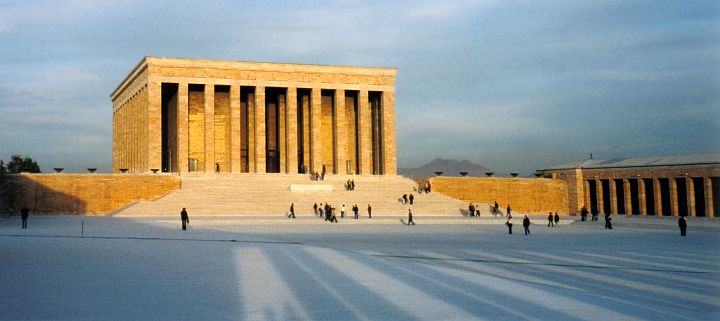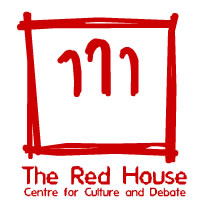Together with the Slovenian EU Presidency and the Mission of Bosnia and Herzegovina to the EU, ESI showed the film “Bosnia – A Miracle that does not shine”, part of the documentary series “Return to Europe”, in Brussels on 28 May 2008. This 52-minute documentary shows both the achievements made and the difficulties that still exist in this country that experienced a brutal war between 1992 and 1995.
So far the achievements outweigh the difficulties and that Bosnia suffers from a bad image that is no longer justified. ESI research conducted in Bosnia over the last two years shows that Bosnia’s peoples have found ways to live, work and do business together again and that particularly at the local level things work rather well – which is a miracle given Bosnia’s war legacy, but a miracle that has not yet begun to shine.
I advocated that Bosnia consider applying for EU membership soon, given that Montenegro and Albania plan to do so in a few months and Serbia will do so if a pro-European government is formed following the 11 May elections. Otherwise Bosnia risks becoming the last in the queue of Western Balkan countries striving to join the EU.
In recent months, there has been progress in Bosnia’s integration process. In mid-April, the political parties agreed on two police laws that have opened the way to the signing of a Stabilisation and Association Agreement with the EU, now scheduled for 16 June. The associated trade-related Interim Agreement will then go into effect on 1 July. On 26 May, the European Commission launched a visa liberalisation dialogue with Bosnia, which will lead to the abolishment of the visa requirement for entry in the Schengen area once Bosnia meets a series of benchmarks. Such dialogues are conducted with all Western Balkans countries.
Some 60 people attended the event. The screening of the film was followed by a reception with drinks and Bosnian culinary specialties, offered by the Slovenian Permanent Representation and the Mission of Bosnia and Herzegovina.
The Bosnia documentary will be broadcast by 3sat, a satellite channel shared by German-language public broadcasters from Germany, Austria, and Switzerland, on Sunday, 1 June, at 21:00. The series “Return to Europe” aims to familiarise viewers with the Balkan region and its people, their dreams and hopes, and their struggle for a better future. ESI has contributed its research, contacts and expertise to this series, which is one of the most comprehensive and ambitious European TV project about the Balkans in recent years.
Part of ESI’s recent Bosnia research has been published in the report “A Bosnian Fortress”, which takes a look at the situation in Republika Srpska. A second report examining the state of affairs in the Bosniak-Croat Federation will be published in the coming months.
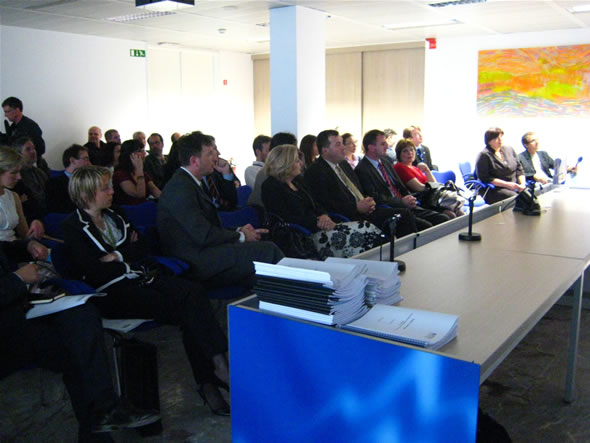
Audience
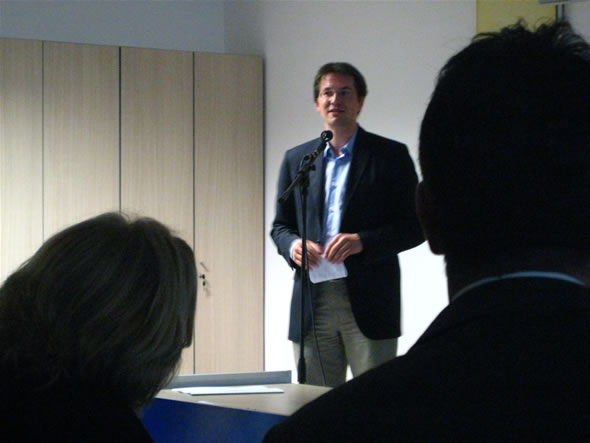
Gerald Knaus
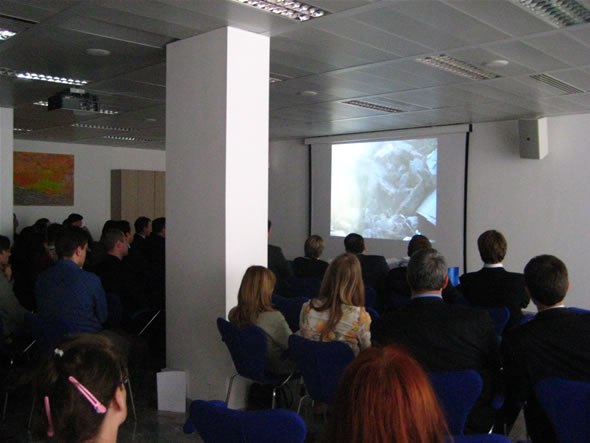
Audience watching the film


